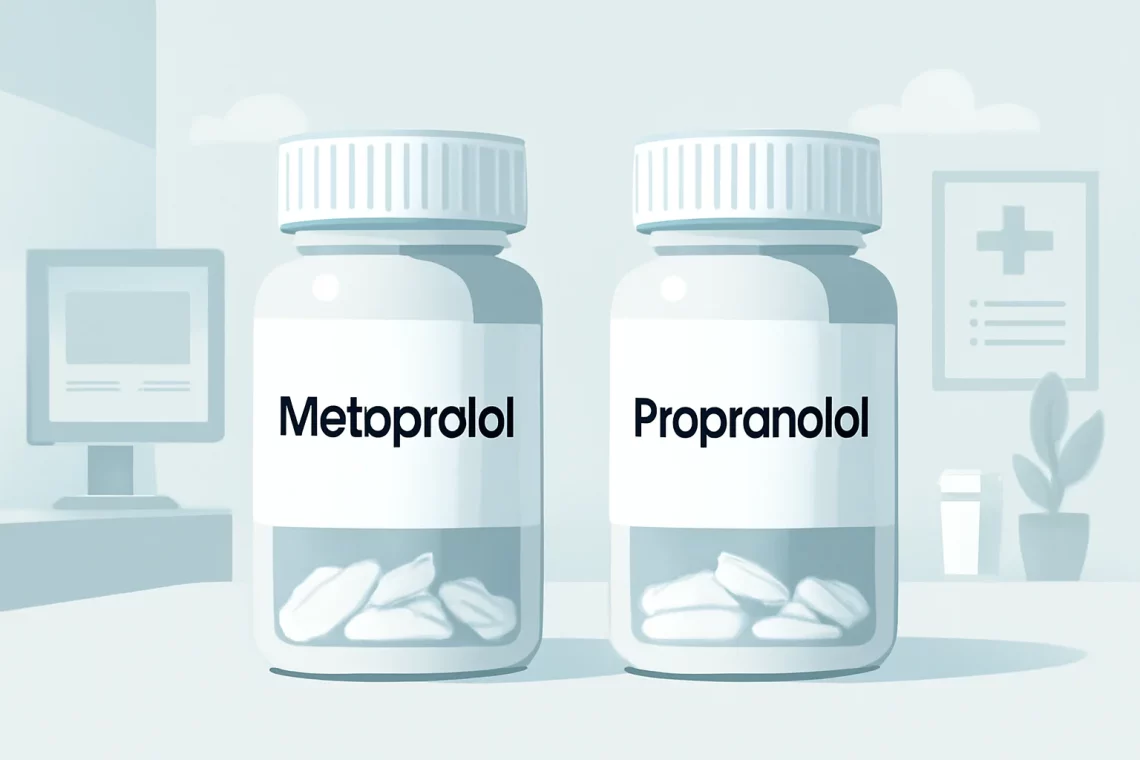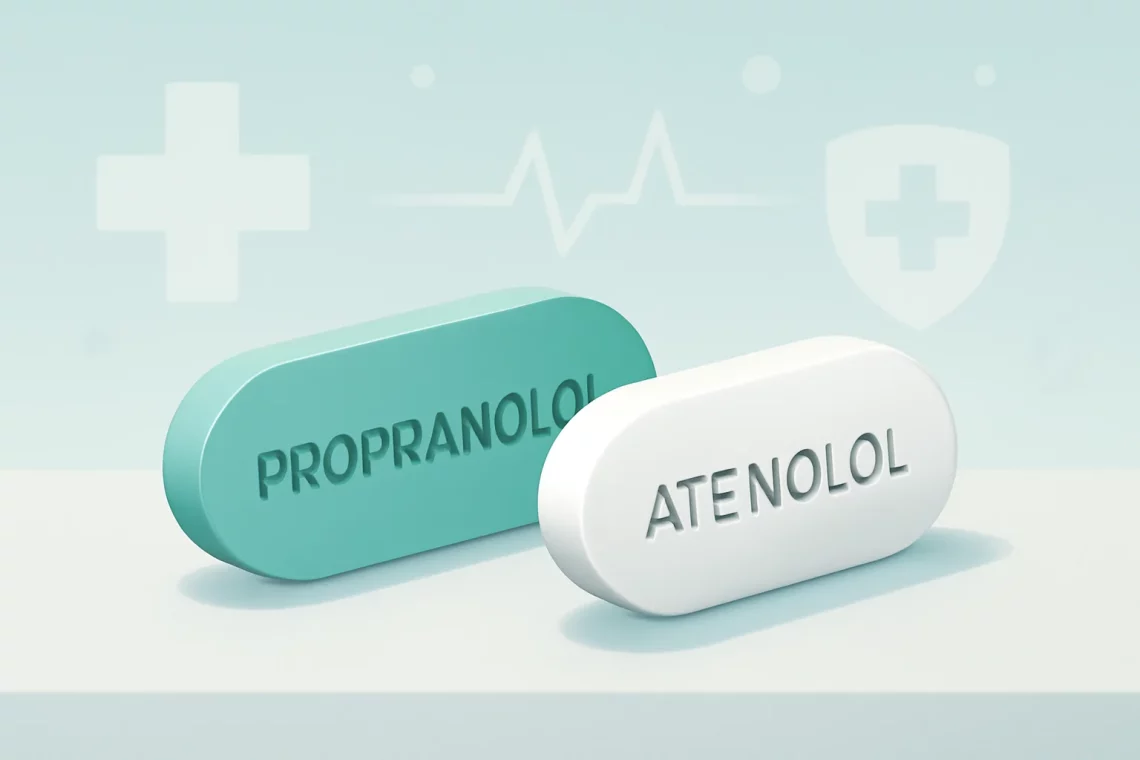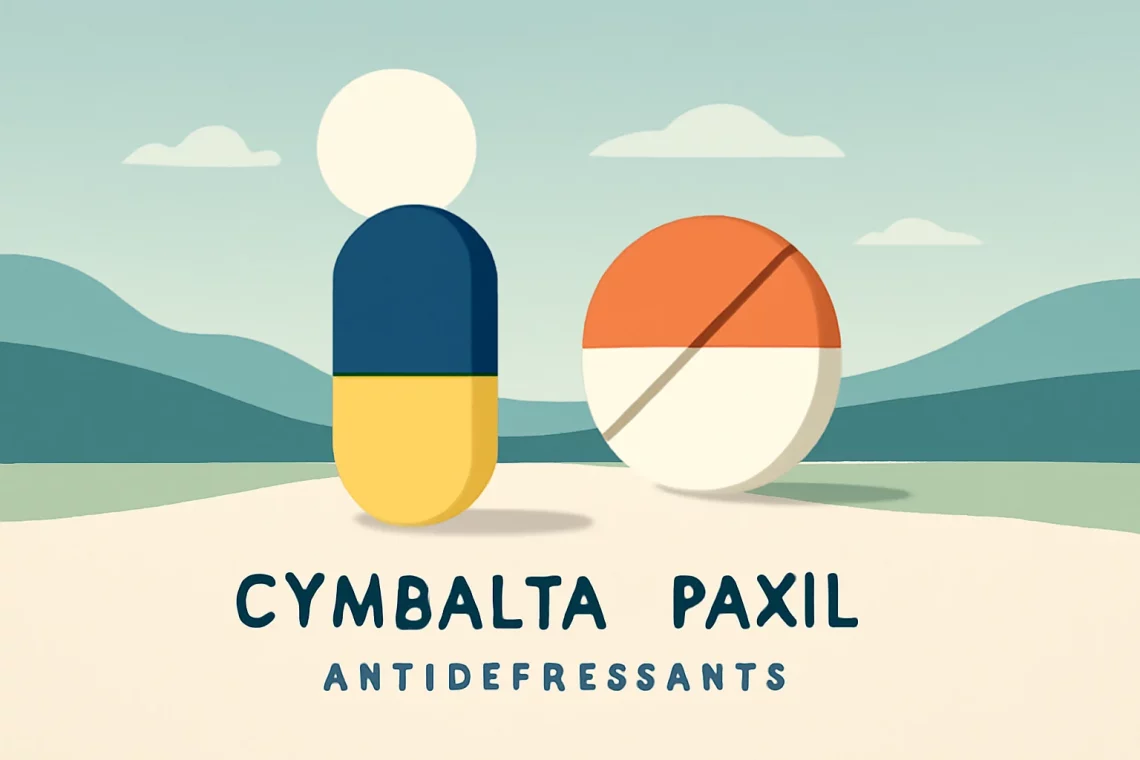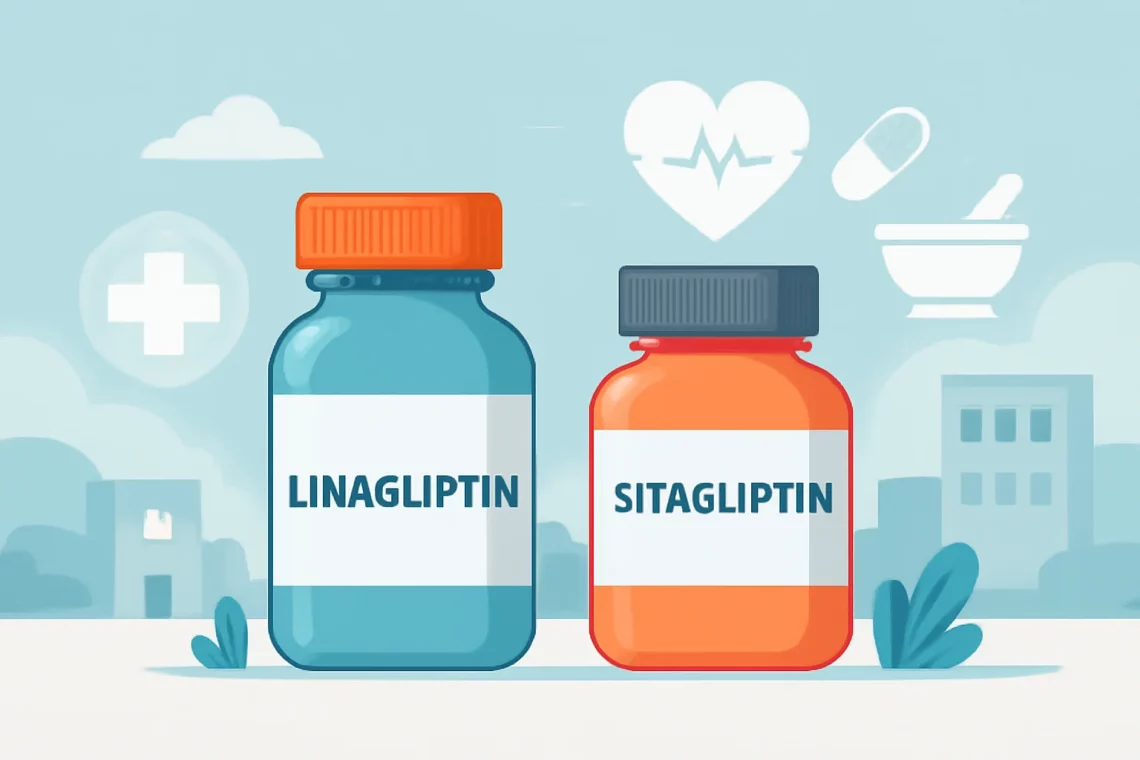-
Wellbutrin vs Effexor XR: Which Antidepressant Is Right for You?
Depression and anxiety disorders are prevalent mental health issues that affect millions of individuals globally. As the understanding of these conditions evolves, so too does the approach to treatment. While therapy often plays a vital role in managing mental health, pharmacological interventions are commonly employed to help alleviate symptoms. Among the various medications available, Wellbutrin and Effexor XR are two options frequently prescribed by healthcare professionals. Each medication functions differently within the body and is designed to address distinct aspects of mental health disorders. Wellbutrin, generically known as bupropion, is primarily used to treat major depressive disorder and seasonal affective disorder. It is unique in its mechanism of action, as…
-
Metoprolol vs Propranolol: Key Differences and Uses Explained
Metoprolol and propranolol are two widely prescribed medications belonging to the class of drugs known as beta-blockers. These medications are primarily used to manage various cardiovascular conditions, such as hypertension, angina, and arrhythmias. However, their mechanisms of action, therapeutic applications, and side effect profiles differ significantly, making them suitable for different patient needs. Understanding these differences is crucial for both healthcare professionals and patients, as it can influence treatment efficacy and safety. Beta-blockers work by blocking the effects of adrenaline on beta-adrenergic receptors, leading to a decrease in heart rate and blood pressure. This class of drugs is beneficial not only for heart-related issues but also for other conditions such…
-
Propranolol vs Atenolol Which Beta Blocker is Right for You
Propranolol and atenolol are both medications belonging to a class known as beta-blockers. These drugs are commonly prescribed for various cardiovascular conditions, including hypertension, angina, and arrhythmias. Beyond their primary uses, beta-blockers have gained attention for their effectiveness in managing anxiety and migraine prophylaxis. As they work by blocking the effects of adrenaline on the beta-adrenergic receptors, they can significantly reduce heart rate and lower blood pressure, leading to improved overall cardiovascular health. Despite their similarities, propranolol and atenolol differ in their specific mechanisms of action, side effects, and therapeutic applications. Understanding these differences can help patients and healthcare providers make informed decisions about which medication is best suited for…
-
Cymbalta vs Paxil: Comparing Two Popular Antidepressants
The landscape of mental health treatment has evolved significantly over the years, with a variety of medications available to help individuals manage conditions such as depression and anxiety. Among these medications, Cymbalta and Paxil have gained considerable attention for their effectiveness in treating mood disorders. While both of these drugs belong to different classes of antidepressants, they are often compared due to their similar applications and potential side effects. Cymbalta, known generically as duloxetine, is a serotonin-norepinephrine reuptake inhibitor (SNRI) that is commonly prescribed for depression, generalized anxiety disorder, and chronic pain management. Paxil, or paroxetine, is a selective serotonin reuptake inhibitor (SSRI) that is primarily used to treat major…
-
Rybelsus vs Metformin: Choosing the Right Diabetes Treatment Option
Managing diabetes is a complex and multifaceted challenge that requires careful consideration of various treatment options. Among the most common medications prescribed for Type 2 diabetes are Rybelsus and Metformin, both of which have distinct mechanisms of action and therapeutic benefits. Understanding these differences is crucial for patients, caregivers, and healthcare professionals alike, as it helps inform treatment decisions that can significantly impact a person’s quality of life. While Metformin has long been the first-line medication for managing blood sugar levels, Rybelsus, a newer entrant in the diabetes medication market, offers an innovative approach to glycemic control. Both drugs are designed to help individuals maintain stable blood sugar levels, yet…
-
Ativan vs Buspar: Comparing Anxiety Medications and Their Effects
Ativan and Buspar are two medications commonly prescribed for anxiety and related disorders. While they are both used to alleviate symptoms of anxiety, they belong to different classes of drugs and have distinct mechanisms of action, side effects, and usage considerations. Understanding the differences between these two medications can help patients make informed decisions about their treatment options. Ativan, known generically as lorazepam, is a benzodiazepine that works by enhancing the effects of a neurotransmitter called gamma-aminobutyric acid (GABA) in the brain. This results in a calming effect, which can help reduce feelings of anxiety and promote relaxation. On the other hand, Buspar, or buspirone, is an anxiolytic that does…
-
Zepbound vs Rybelsus: A Comprehensive Comparison of Diabetes Treatments
The rise of innovative medications has significantly transformed the landscape of chronic disease management, particularly in the realm of diabetes treatment. With the ongoing evolution of pharmacological options, patients and healthcare providers alike are faced with a plethora of choices, each promising unique benefits and mechanisms of action. Among these, Zepbound and Rybelsus have emerged as noteworthy contenders in the fight against type 2 diabetes. Both medications harness the power of GLP-1 receptor agonists, a class of drugs that mimics the activity of incretin hormones to promote insulin secretion and regulate blood sugar levels. As diabetes continues to be a global health challenge, understanding the nuances of these medications can…
-
Cyclobenzaprine vs Baclofen: Which Muscle Relaxant is Right for You?
Muscle relaxants are widely used to alleviate discomfort and facilitate recovery in various musculoskeletal conditions. Among the many options available, cyclobenzaprine and baclofen are two medications that often come up in discussions regarding effective muscle relaxation therapies. Each of these drugs possesses unique properties, and understanding their differences, uses, and potential side effects can help patients and healthcare providers make informed decisions. As more individuals seek relief from muscle spasms and pain, it is crucial to explore the mechanisms of action, indications, and contraindications of these medications. While both cyclobenzaprine and baclofen can provide significant benefits, their distinct pharmacological profiles mean they may be better suited for different patient populations…
-
Naproxen vs Anaprox: Key Differences and Similarities Explained
Naproxen and Anaprox are both nonsteroidal anti-inflammatory drugs (NSAIDs) primarily used to relieve pain and reduce inflammation. While they share a common active ingredient, their formulations and specific uses can differ. Understanding the nuances between these two medications is crucial for patients and healthcare providers alike. The choice between them can depend on several factors including the specific condition being treated, the desired duration of pain relief, and individual patient response. As we navigate the complexities of pain management, it’s essential to gain a comprehensive understanding of how these medications function, their potential side effects, and the circumstances under which one might be preferred over the other. The need for…
-
Linagliptin vs Sitagliptin: Which Diabetes Medication is Right for You?
Managing diabetes is a complex challenge that requires a multifaceted approach, including lifestyle modifications and, often, medication. Among the various pharmaceuticals designed to help control blood sugar levels, Linagliptin and Sitagliptin have emerged as popular options. Both belong to a class of medications known as DPP-4 inhibitors, which work by enhancing the body’s natural ability to lower blood sugar. As diabetes continues to affect millions worldwide, understanding the differences, benefits, and drawbacks of these medications is crucial for individuals looking to manage their condition effectively. While both Linagliptin and Sitagliptin share similar mechanisms of action, they also have unique properties that may influence a patient’s choice between the two. Factors…







































